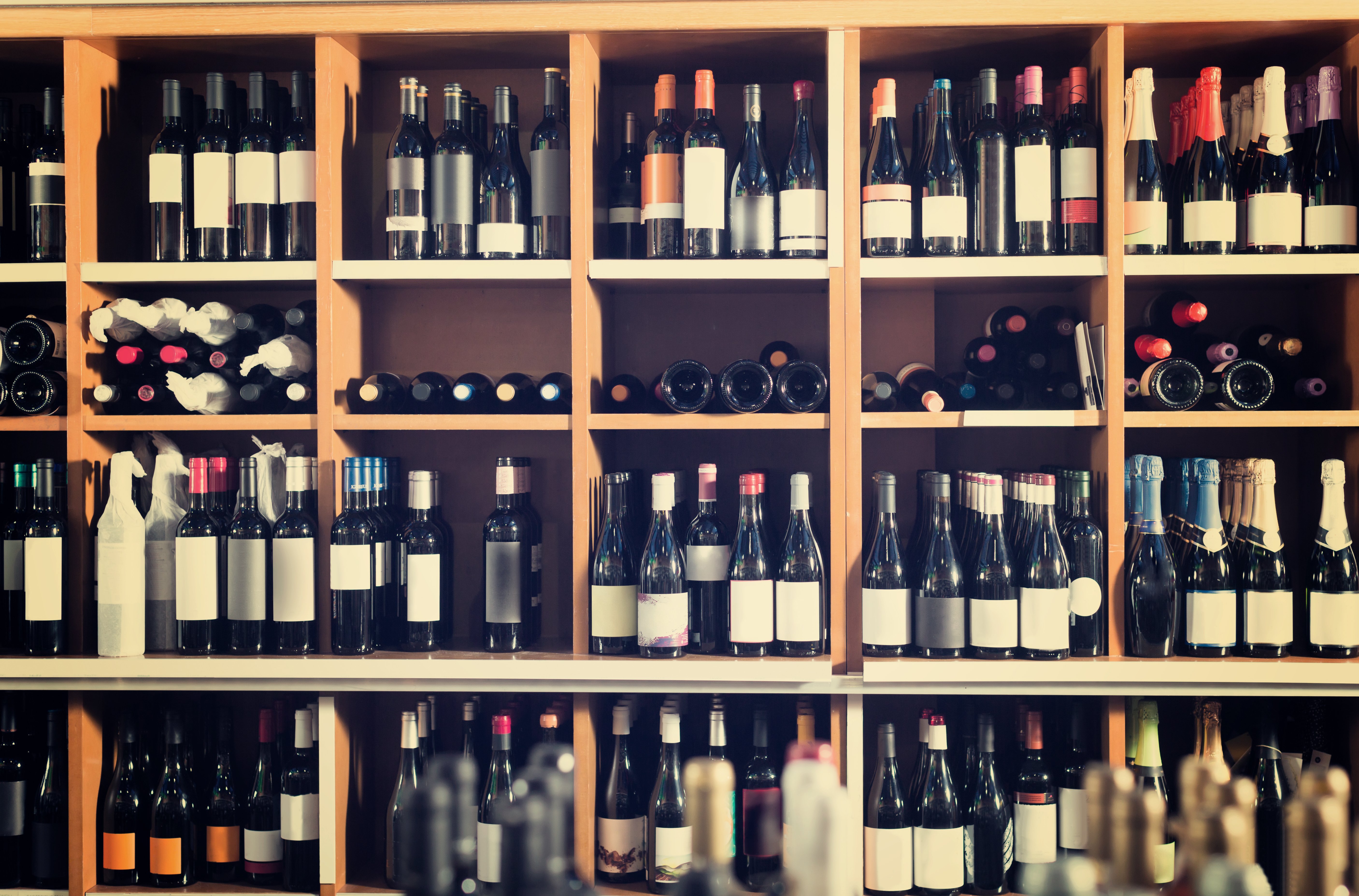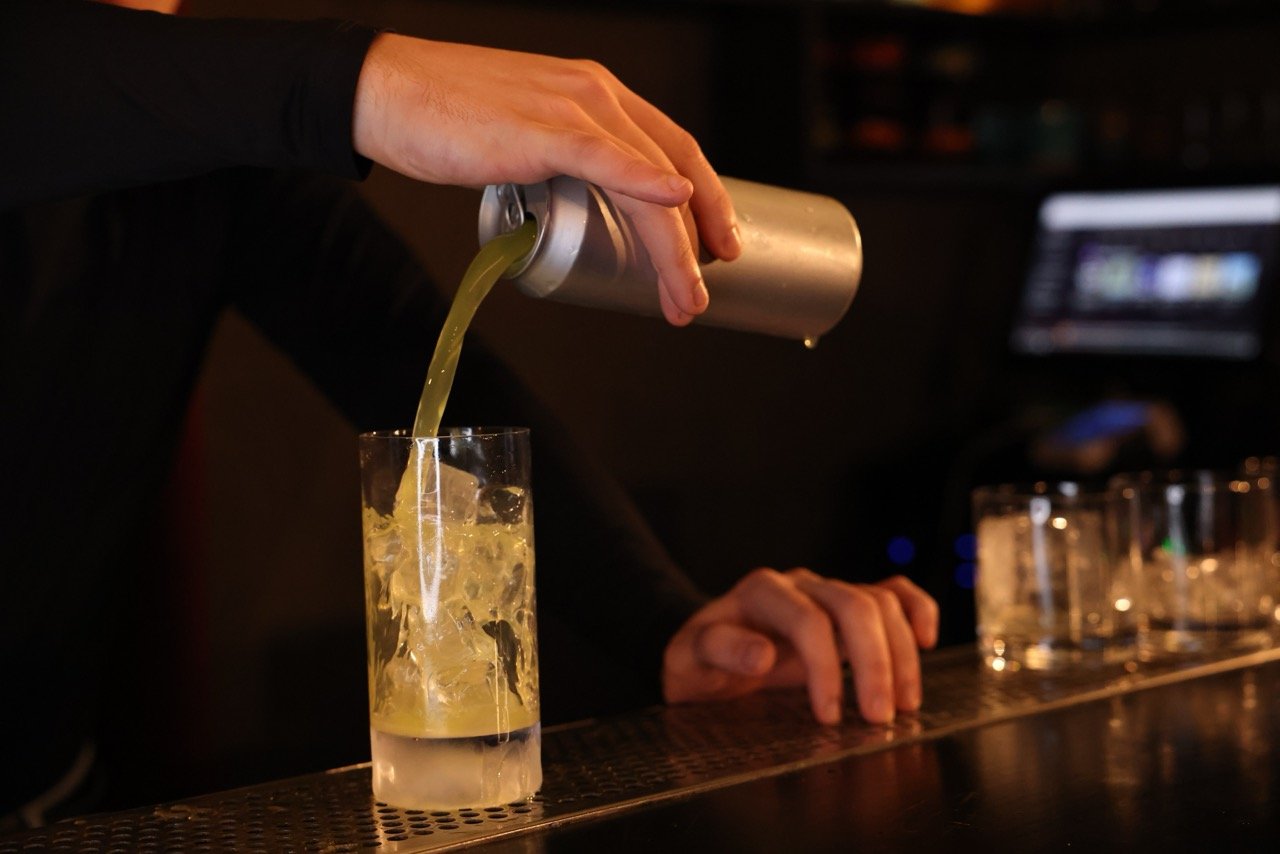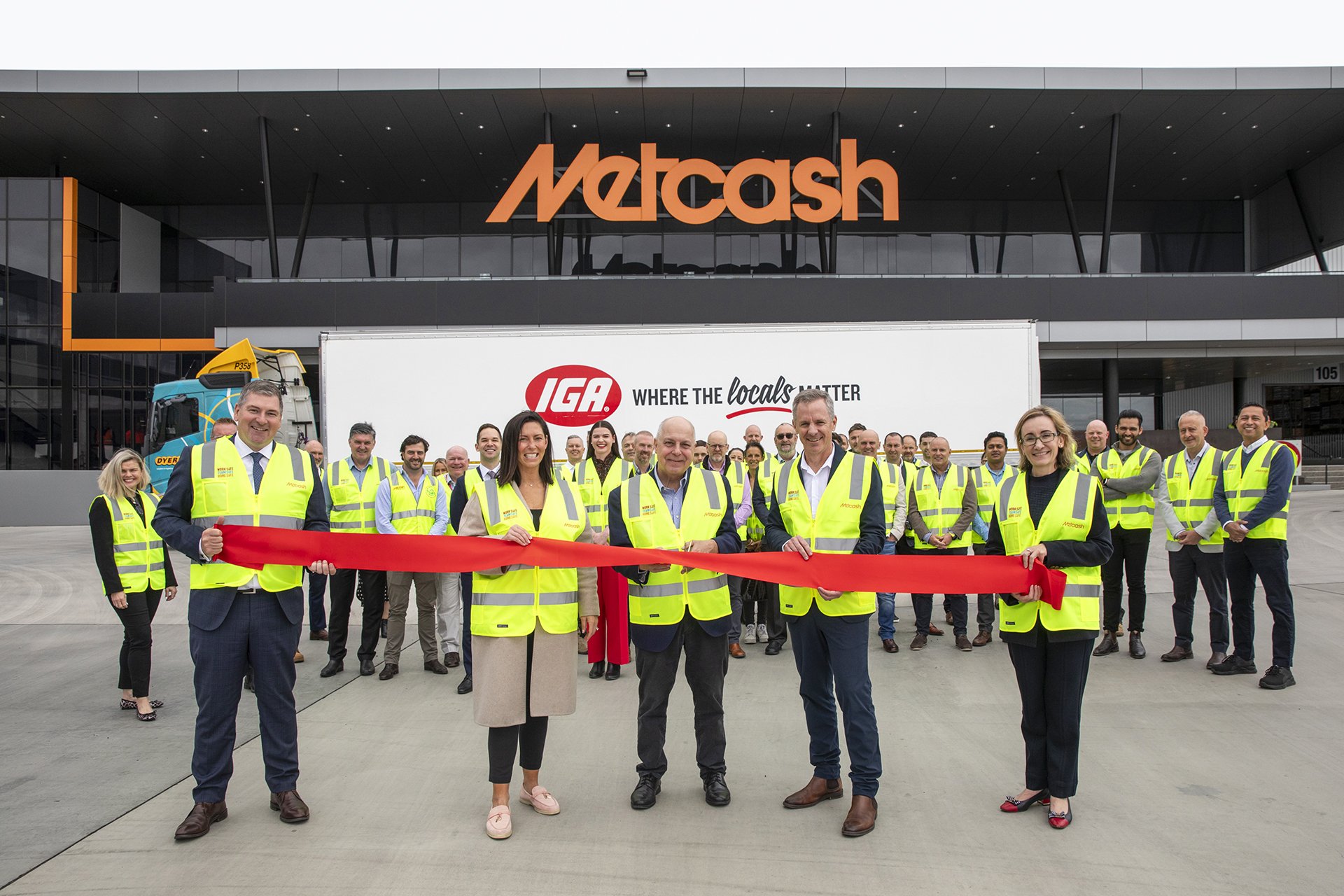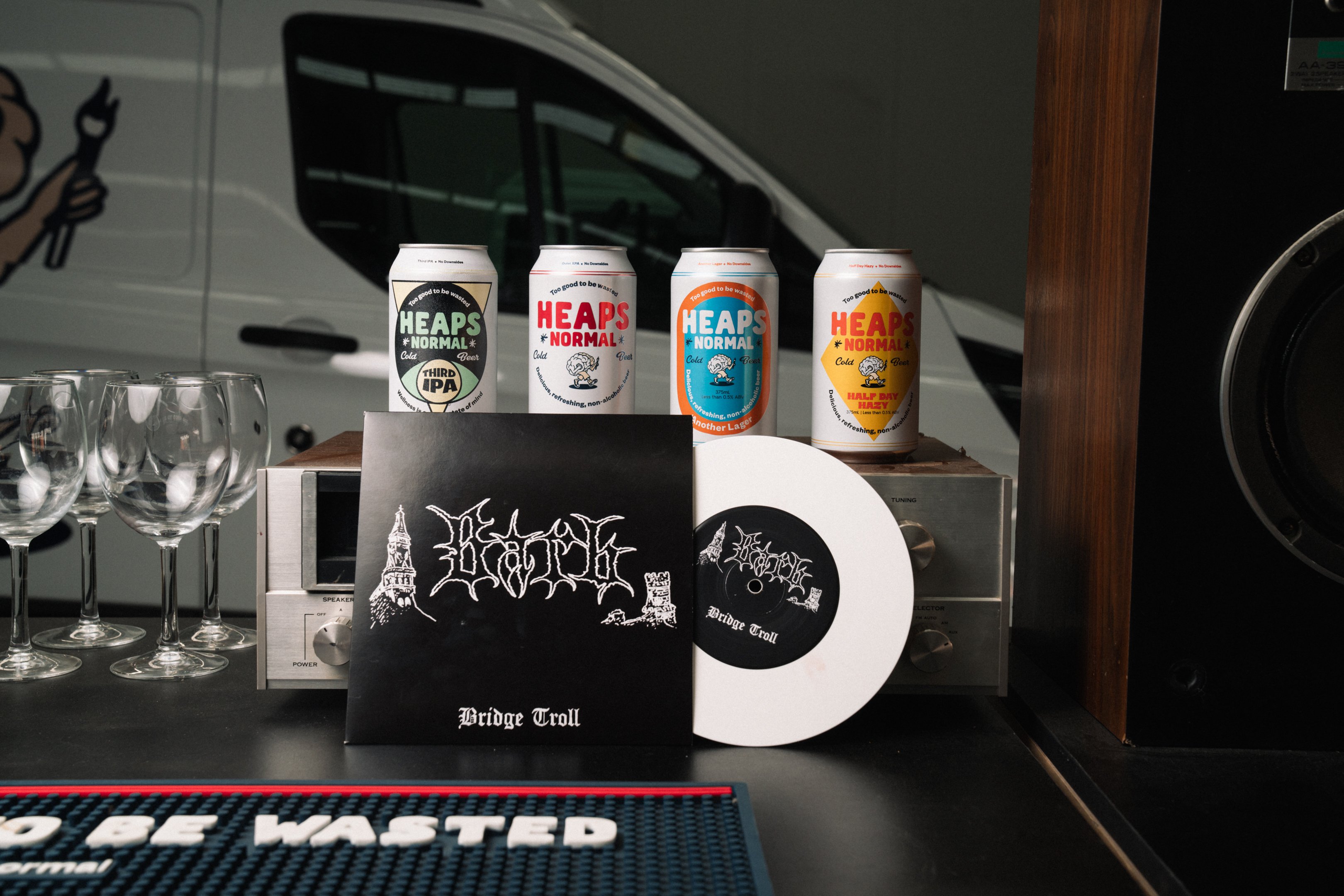The cost of living crisis won’t be new news to anyone living in Australia at the moment. However, as it continues to develop, it is important to keep an eye on the latest data to assess the direction in which things might be heading.
By all accounts, the alcohol industry has been one of Australia’s most affected, with the latest ABS price index revealing an average category price increase of 4.2% between November 2022 and November 2023.
Despite this, spending on alcohol has increased at an even faster rate, with ABS data on average household expenses showing the combined category of alcohol beverages and tobacco to have increased by 7.8% over the same period, more than double the 3.1% increase in household spending overall.
This is seemingly at odds with the frequently cited data from the AIHW’s Apparent Consumption of Alcohol in Australia report. While released in October 2023, this report only features data up to the 2019-2020 financial year. Thus, its findings are studying Australian habits in an almost entirely pre-Covid (and as a result, outdated) context, and hence the results that reflect long-term trends of reduced per-capita alcohol consumption can not necessarily be transposed into the current picture.
A more recent paper conducted by Savvy provides greater insight into public sentiments towards Australia’s cost of living crisis. Interviewing 1000 Australian’s, the report found that a majority of participants (68%) identified cutting back on non-essential expenses as one of their top-three methods of adjusting to the rising cost of living, whilst exploring cheaper alternatives (58%) was the second most frequent method.
In another section of the report, Savvy found the greatest ongoing cost of living concern in the current economic climate was Cost of Groceries / Food with 62% including it in their top 3 concerns. Following that, Petrol / Fuel was the second biggest concern (47%) and Utility Bills was third (46%). No alcohol or non-essential goods category was provided to participants.
Whilst it's impossible to draw any definite conclusions given the different roles of each paper, it is important to recognise that, even though alcohol might be treated and taxed in a manner similar to non-essential goods, it appears the average consumer is significantly less likely to alter their alcohol purchasing habits, or to decrease their alcohol consumption, in response to cost of living pressures.
Share the content










